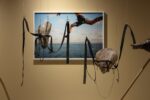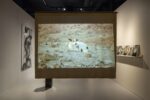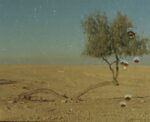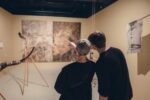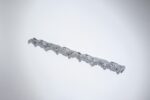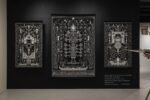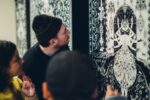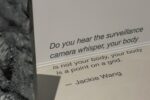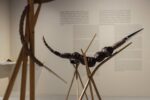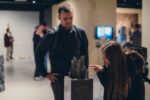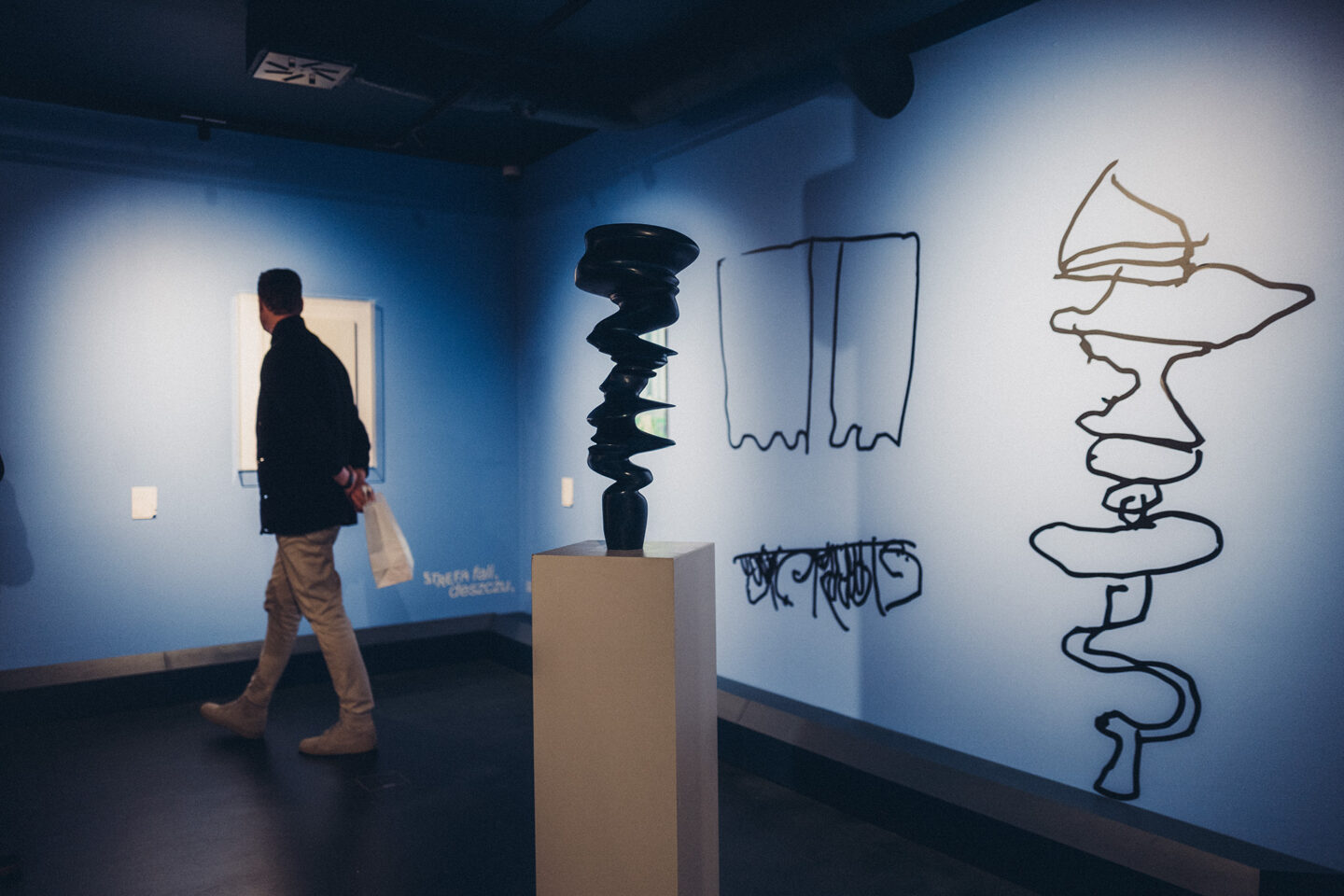Program
KAF
November 23, 2024 – March 2, 2025
Artitsts: Paweł Baśnik, Radek Brousil, Sirah Foighel Brutmann & Eitan Efrat, Anaïs Chabeur, Ewa Doroszenko, Miłosz Flis, Mariia Lemperk, Gwendolyn Lootens, Mariusz Maślanka, Adam Rouhana, Kristina Sedlerova Villanen, Iza Opiełka, Hussein Shikha, Camila Sposati, Wiktoria, Barbara Żłobińska
Curator: Natalia Barczyńska
Partner: Embassy of Belgium – Delegation of Flanders in Poland and the Baltic States
Media patronage: Onet, Gazeta Wyborcza Wrocław
Support for Mariusz Maślanka’s work provided by: the Office for Contemporary Art Norway
The exhibition explores the complex relationship between human memory and technology in the digital age, examining the fluid boundaries between organic and mechanical memory. The works presented, through various visual art media, investigate the interactions between the viewer and history, emphasizing the fragility and impermanence of narratives and the surfaces on which the contemporary memory image is created, eroded, and reconstructed.
The exhibition opens with a focus on diasporic experiences caused by war-induced oppression, where trauma is passed on to future generations as a collective body memory. The development of industrialized societies built on the monocultural plantation model has solved issues like homelessness and food insecurity for some, yet these problems persist in many regions. The presented works question the transmission of information, inheritance, and shifting definitions of geographic and ideological belonging. They reflect on the cultural cradles of Mesopotamia and the secrets of Central and Middle Eastern Asia, challenging the hegemony of Western civilizations.
The invited artists prompt reflection on how memories and knowledge are stored, processed, and inherited, influencing identities and redefining the notions of home and social bonds. In exploring enduring methods of content preservation – from traditional techniques like carving in stone to innovative solutions such as quartz glass, DNA records, or time capsules – the exhibition highlights humanity’s inseparability from its surroundings. Another part of the exhibition turns to the traditional medium of memory: the body of the earth. It investigates how landscapes have been shaped by colonial practices of deprivation and segregation of Indigenous communities, as well as the resilience of nature to invasive human activities. The earth, as a “living archive” of survival and transformation, becomes a metaphor for an eternal observer of human histories, in contrast to the digital “cloud,” which, despite its immaterial appearance, leaves a tangible impact in the form of server infrastructure and its environmental footprint. This leads to themes of rebuilding the relationship between the body of the earth and the human body, inquiries into their shared memory, and references to ecosexual practices.
Alongside material forms and symbols of memory, the exhibition also delves into its spiritual realm—concepts of nonlinear time, mourning, and cycles of death and rebirth, often depicted through mythology-inspired motifs and visions of hybrid entities emerging simultaneously from the past and the future. In response to the visually dominant digital world and its “regime of visuality,” the exhibition advocates for expanding notions of subjectivity. It critically examines dominant transhistorical representations and offers alternatives to emerging symbols, merging geopolitical, sociocultural, and historical consciousness into aesthetic formations.
Despite the dominance of new digital forms and their influence on globalization, attention to ancient traditions, communities, and the environment remains strikingly absent. While technology emphasizes disconnection from the past, individual separation, and detachment from the natural world, the presented works return to natural resources, traditional craftsmanship, and conceptual ideas rooted in local, accessible materials. The invited artists aim to extend the value of historical carriers of myths, symbols, and patterns derived from ancient cultures. At the same time, they envision multiple subjectivities rather than a singular, objective reality, emphasizing the interconnectedness and interdependence of all beings. In doing so, they contribute to shaping the memory of a unified, multispecies body.



